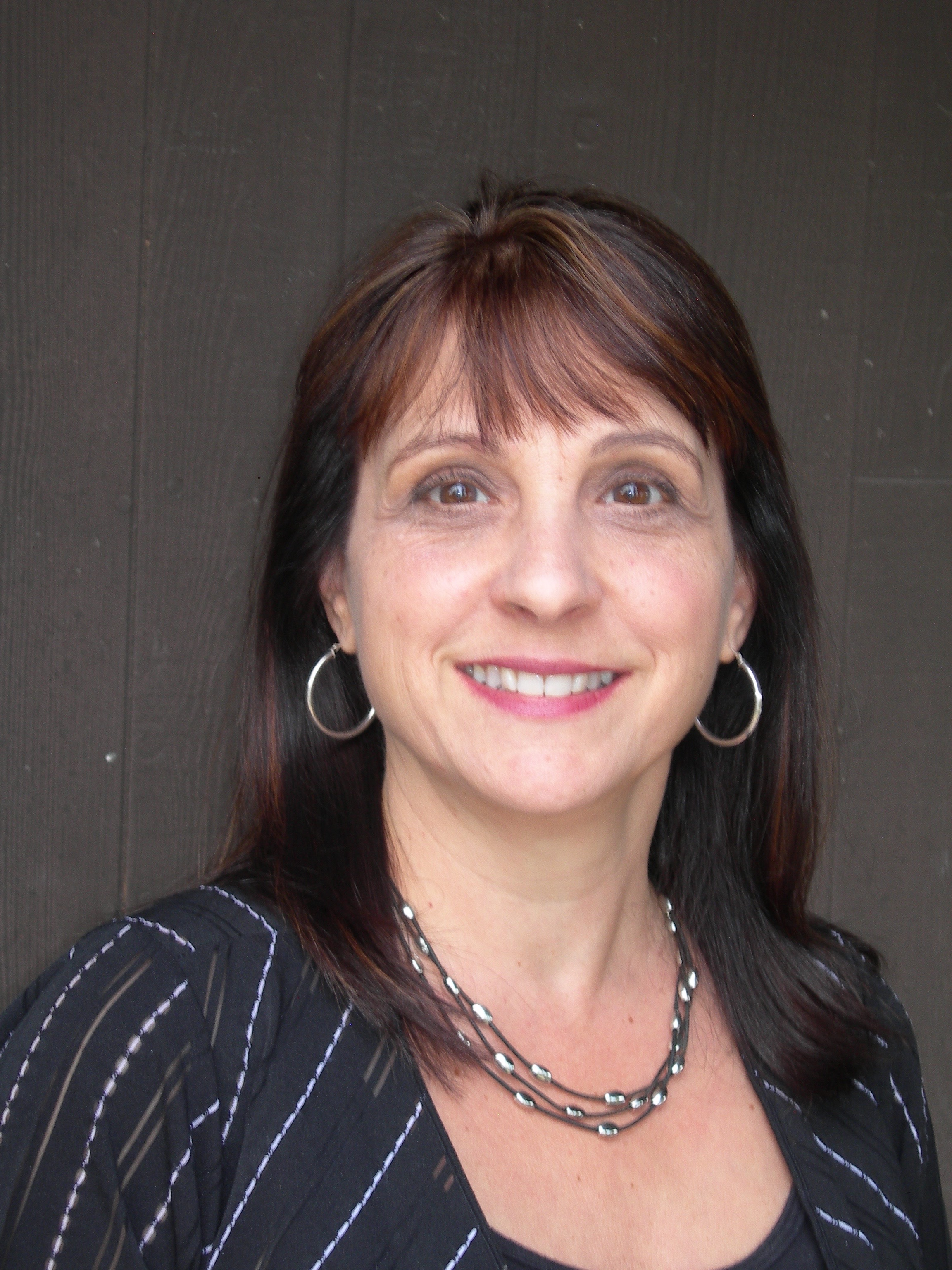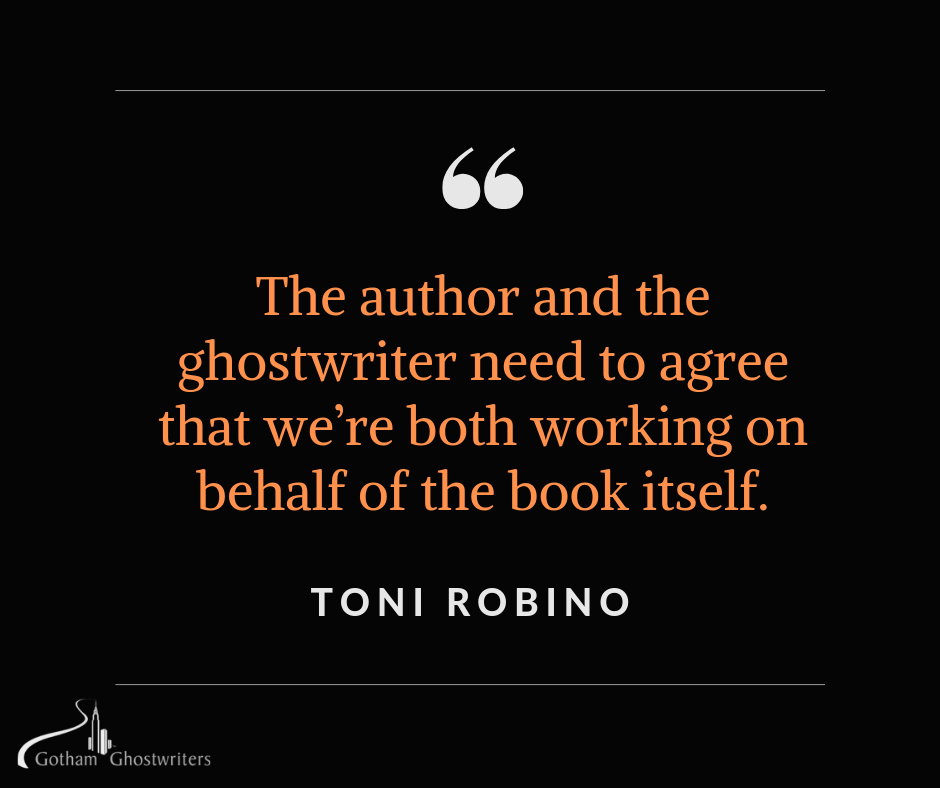
This week’s featured writer is Toni Robino, co-founder of Windword Literary Services LLC and a leading editorial collaborator in both fiction and nonfiction, with titles on the New York Times bestseller list. She’s creatively inspired by projects that can make a profound difference for the planet and the conscious evolution of humanity. She enjoys helping writers to gain an edge over the competition by teaching them how to conceptualize highly marketable books and craft compelling pitch packages. And since she’s also a literary talent scout, she can provide writers with insider tips on finding the agent who’s right for their project. www.WindwordLiteraryServices.com
Tell us about your publishing journey.
I’m one of those people who always knew I wanted to be a writer. I was five years old the first time my dad read The Tale of Peter Rabbit to me. Being an inquisitive child, I wanted to know how Beatrix Potter knew that Peter had gotten into Mr. McGregor’s garden, lost his new coat and ended up with a cold. Did she see the whole thing? When he explained that the book was make-believe, I had my first “aha” moment. That day I used an assortment of stuffed toys to enact the story of a dog that had lost its owner and the bee that helped him find his way home. Not exactly a page-turner, but in my defense I wasn’t old enough to read or write yet anyway. From that day forward, making up stories became my favorite pastime and I badgered my older sister into writing them down for me until I was in second grade and could write them myself
How did you begin writing, and how did you break into the industry? When did you know you could make a career out of it?
The first book I wrote was for an astrologer I met on a flight from Cairo to Abu Simbel. She wrote a column for Vogue, and when I got home, I bought a copy. As I read her column, I could imagine her writing a great astrology book, so I decided to call her and ask her if she had one in the works. There was a slight pause and then she said, “I had a meeting with the editor at Vogue today and they want me to write a book but I’m too busy.” And then she asked the question that started it all: “Could you write my book?” I wasn’t sure how to go about writing a book, but I was confident that I could learn quickly and I said yes. A year and a half later, Harper Collins published Athena Starwoman’s Zodiac, and she referred my next client to me, whose book is still in print with Hay House. The important part of this story for writers who want to ghost but are having a hard time getting the first book is the concept of starting with your own network—and that includes people you meet on planes—and telling everyone you meet that you’re a writer.
Tell us what you can about your ghostwriting/developmental editing career.
One of the most important things I’ve learned is to select projects that truly interest and inspire me, even if they don’t pay as well as other projects. I couldn’t be so selective during the first few years of my career, but as soon as I’d built a strong reputation in the industry and had a small financial cushion, I started saying no to books that didn’t spark my curiosity and start my mind racing with possibilities. My favorite books to write are the ones that open minds and hearts, and my favorite novels to write are YA fantasy.
I also have a background in marketing, and I find it exhilarating to help new authors create cohesive brands, develop their publishing strategies and conceptualize marketable books. And I love to teach, so in addition to the classes I offer at writers conferences, I teach the nonfiction track of Windword’s book-writing course, BookWalk: Journey from Dream to Publication.
What special considerations are required for collaborating on a book?
The author and the ghostwriter need to agree that we’re both working on behalf of the book itself. Whether the book is fiction or nonfiction, all decisions are made based on what’s best for the book’s quality and success. If the author is self-publishing, they get veto power, but if the book is being traditionally published, the editor usually has the final word.
Writing the book is the easiest part of the collaborative process, and new ghostwriters are sometimes surprised by the list of unwritten roles we play that include but are not limited to making sure the project stays on track even though we have zero authority over the author; listening deeply enough to hear what isn’t being said and asking about it; capturing the author’s true voice and personality; educating authors about the publishing process, brand, outreach, marketing and media; and keeping secrets that we sometimes wish we hadn’t been told.
Do you have any quick tips for working with editors?
If an editor requests a revision that I don’t understand or agree with, I find out what they’re thinking so I can learn something new. I still may not agree, but I can’t make a case for my preference unless I understand the rationale for his or hers. I will warn you that if you find an exceptionally talented editor, you won’t want to work with anyone else. One of my conference jokes is that I couldn’t afford my favorite editor so I married him. That’s how important it is to have a fabulous editor.
How do you know if an idea—yours or someone else’s—is strong enough to develop into a book?
If it’s a nonfiction book, the author has an established brand and the book’s concept builds on or disrupts the current conversation on the topic, it will probably have a good shot. If so, checking out comparable and competing books can give us a good indication of what might be on the horizon. If it’s a novel, the great storyline is just the beginning. It’s the way the story is developed and executed that will determine its strength.
What does your writing routine look like? How do you stay productive and overcome blocks?
I wish I had an answer that paints the picture of the writers I imagined in my youth, but the truth is that I don’t have a writing routine and I don’t believe that blocks exist. I see blocks as illusions, often created by fear or guilt, so we can make them as real or imaginary as we choose. I stay productive by working on projects that I find fascinating.

What strategies do you focus on when cultivating your platform?
I’ve only used two strategies: Do my best no matter what, and cultivate relationships with people from all over the world. This has created a steady stream of recommendations and projects.
If you could go back and change anything about your writing career, is there anything you would choose to do differently?
I would learn more about the financial aspects of starting a business and educate myself about fair contracts, royalties and credits. I think I made every possible business mistake in my first few years.
What’s your best piece of advice for someone looking to be a full-time writer?
Don’t cheat yourself. Do everything in your power to become the best writer you can be. Commit to continually improving your skills and developing your talents. Use all your gifts. Be honest with yourself about your work style, the environment you need and the distractions you need to eliminate, and keep adjusting your workday and work week until they’re in sync with your highest possible level of quality and productivity.
What are you working on next?
Ghosting a novel’s next, but I haven’t decided which one yet. In the meantime, I’m finishing revisions for Age Later: How to Die Young After a Very Long Life (St. Martin’s Press 2020) and working on my own YA fantasy.
Do you seek to establish yourself as a thought leader in your field? Pitch it to us below, and we’ll work to match you with a writer like Toni Robino who can help you bring your vision to life.
